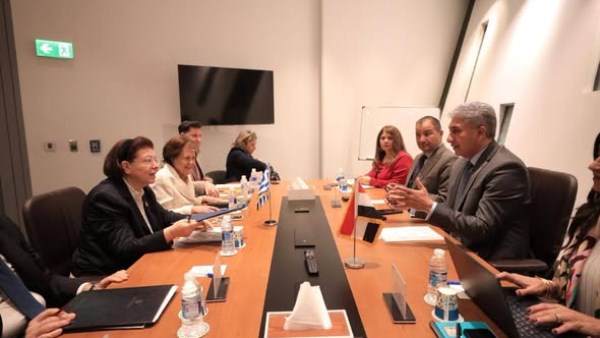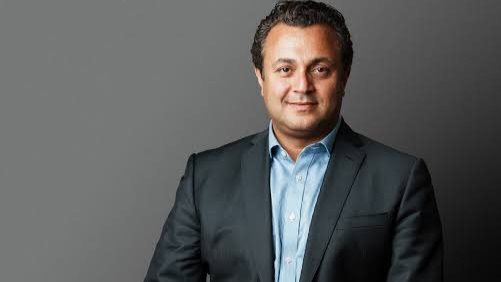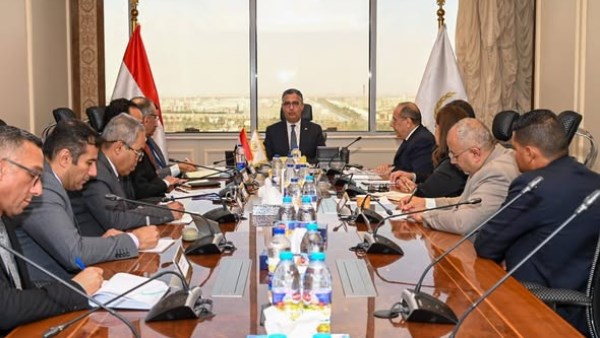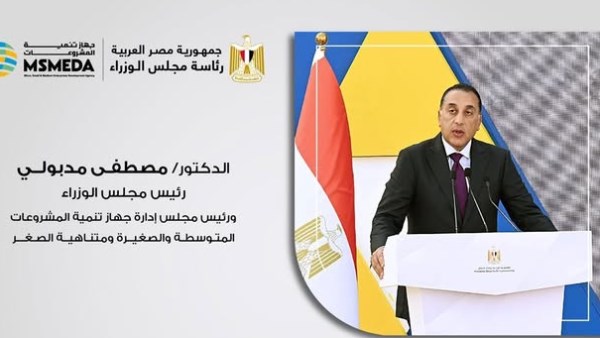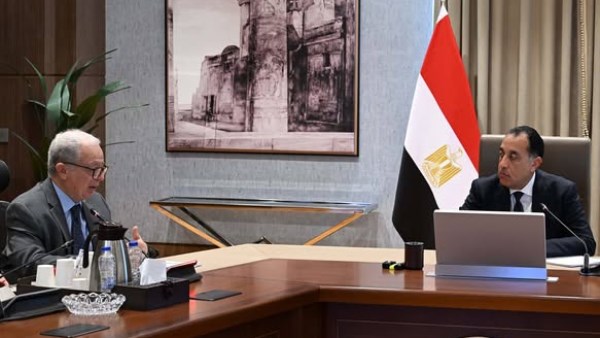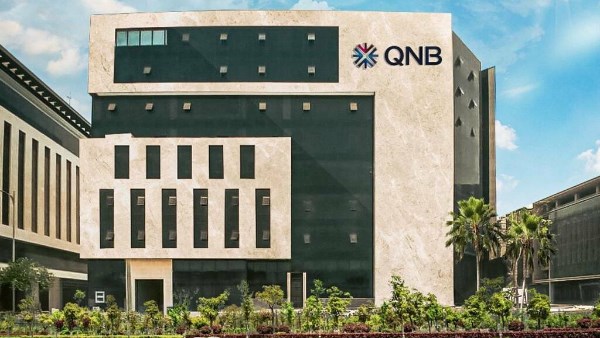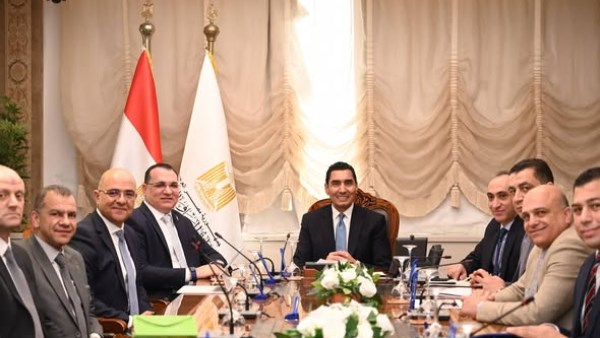
The proposed tax hikes come as economic growth is expected to stutter to 1.3%
Russia’s economy is creaking — and the Kremlin wants Russians to pay more for the war

Russia is set to hike taxes on businesses and consumers as the government looks for ways to support military spending while its war-focused economy creaks at the seams.
The Kremlin’s commitment to the ongoing war with Ukraine came under renewed scrutiny Monday when the Finance Ministry released its 2026 draft budget. The spending plans show defense spending next year would stay largely static, and would be funded with tax hikes amid increasingly dour growth forecasts.
Presenting the budget this week, Russia’s Finance Ministry said that in order “to finance defense and security” it was proposing a number of tax hikes that it said were an alternative to increased borrowing and a way reduce the budget deficit, which was forecast at 1.6% of GDP in 2026.
Most notably, ministry officials said they planned to increase VAT from 20% to 22%, while the threshold at which small businesses start to pay VAT will be lowered from 60 million rubles (around $738,000) to 10 million rubles (around $123,000). The ministry also proposed a new 5% gambling tax.
The proposed tax hikes come as economic growth is expected to stutter to 1.3% in 2026, the government said — a far cry from the 4.1% expansion recorded in 2024 and a sharp drop from the previous projections for 2.5% growth this year and 2.4% next year.
The preliminary budget — which needs to be approved by the Russian parliament, the State Duma — suggested that defense spending would fall slightly in 2026, to 13 trillion rubles, down from a post-soviet record of 13.5 trillion rubles this year, according to preliminary Finance Ministry figures obtained by Reuters last week.
Russian public on the hook
The Russian public is effectively being told to pay for the war against Ukraine, analysts said of the budget proposals, warning that the country was entering a low-growth era.
“As economic growth stalls and revenues decline, Moscow is no longer able to pump up the fiscal stimulus that fueled earlier wartime expansion, instead embracing austerity measures that threaten to further strangle the civilian economy,” Alexander Kolyandr, senior fellow at the Center for European Policy Analysis, noted in analysis this week.
“Moscow’s financial strategy for the fifth year of war is unmistakable ... the Kremlin will attempt to muddle through without major expenditure increases, instead passing the war’s costs to the whole of society,” he said.
The new budget confirms that “the Russian public is paying for the war,” Alexandra Prokopenko, fellow at the Carnegie Russia Eurasia Center, said in analysis Wednesday.
Noting that the 2026 budget looks “more and more like a compromise between the war camp and economists,” she said “footing the bill will be the Russian people, who face further tax hikes.”
She cautioned that the nominal reduction in defense spending in 2026 “is certainly not a sign that the Kremlin plans to end its war against Ukraine.”
“Budget spending in the national defense category may be declining from 13.4 trillion rubles this year to 12.6 trillion rubles in 2026 (a decrease of 4.2%), but spending in an adjacent category — national security and law enforcement— is increasing from 3.46 trillion to 3.91 trillion rubles: a 13% increase,”





-1120252475029447.jpg)



